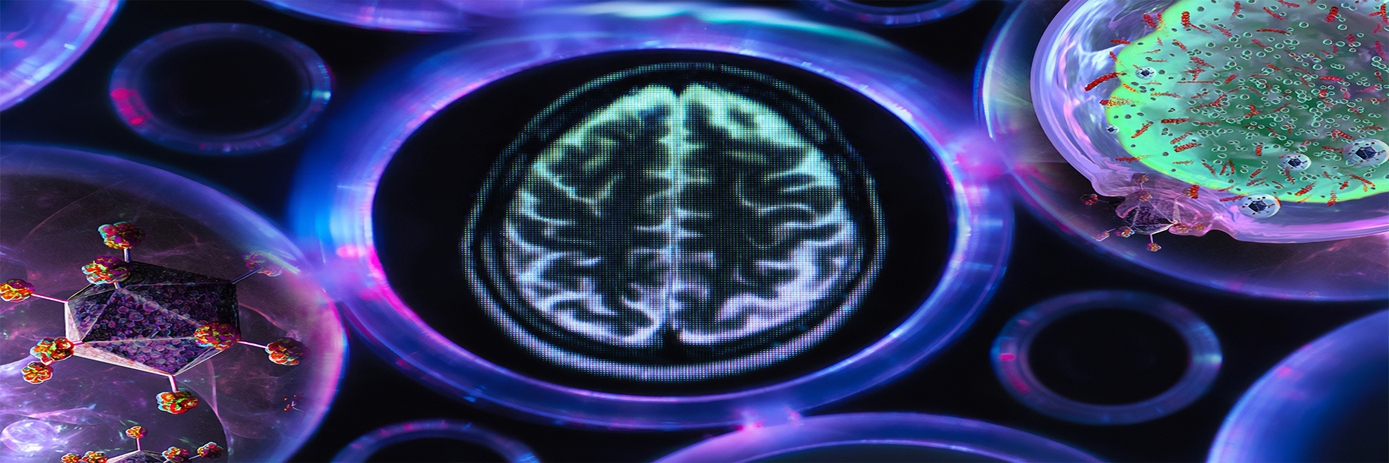Over the last decade, chimeric antigen receptor (CAR) T-cell therapies have attracted growing interest for their potential to treat a wide range of cancers. As of 2023, six CAR T-cell therapies have been approved by the FDA, all for the treatment of hematological malignancies such as leukemia and lymphoma.
In contrast to the success of CAR T-cell therapies in liquid cancers, development for the treatment of solid tumors, including glioblastoma, has progressed at a much slower pace. This is due to several factors, including the challenge of identifying tumor-specific antigens due to tumor heterogeneity, the impact of the tumor immunosuppressive microenvironment on CAR T-cell activity, and the limited ability to infiltrate tumor tissue.
Highly expressed tumor-associated antigens (TAAs) are often the target of CAR-T cells, but solid tumors display antigen heterogeneity between tumor types and at different stages of disease. This increases the likelihood of antigen escape and tumor recurrence. Off-tumor toxicity can also be an issue if TAAs are expressed in normal tissues.
In addition, most solid tumors are embedded in a hostile, immunosuppressive microenvironment infiltrated by numerous cell types and excessive blood vessels. This can hinder the effector function of CAR-T cells and inhibit their clinical efficacy.
To overcome these challenges, researchers have explored multi-targeting or tandem CAR strategies using viral vector or non-viral transposon-transposase-based systems. While these approaches enable long-term expression, they have limitations such as limited transgene capacity, lengthy manufacturing processes, and the risk for off-tumor toxicities.
mRNA-based multifunctional CAR T-cells
CAR-T cells engineered with mRNA encoding the CAR potentially offer a safer alternative to those transduced with viral vectors. The transient nature and high transfection efficiency of mRNA-based modifications allow for the generation of multifunctional T cells that express both the CAR and proinflammatory cytokines.
In a recent study, Meister et al. developed multi-targeting mRNA-based CAR T-cells that demonstrated promising anti-glioma activity in vitro and in vivo.1 They used a CAR based on the natural killer group 2D (NKG2D) receptor and co-electroporated mRNA encoding for the pro-inflammatory cytokines IL12 and IFNα2 into T cells.
Using high-content screening and fluorescence molecular tomography, the researchers found that these multifunctional CAR-T cells had the strongest anti-glioma activity in both glioblastoma mouse models and patient samples compared to T cells expressing just the CAR or cytokines alone. The team notes that the limitation of the mRNA-based T-cell modifications is the transient nature, which is advantageous in the case of off-tumor toxicities but would require repeated administrations. However, they conclude that their approach could be a promising treatment strategy for patients with glioblastoma.
Reference:
- Meister H, Look T, Roth P, Pascolo S, Sahin U, Lee S, et al. Multifunctional mRNA-based CAR T cells display promising antitumor activity against glioblastoma. Clinical Cancer Research. 2022 Nov 1;28(21):4747–56.

































